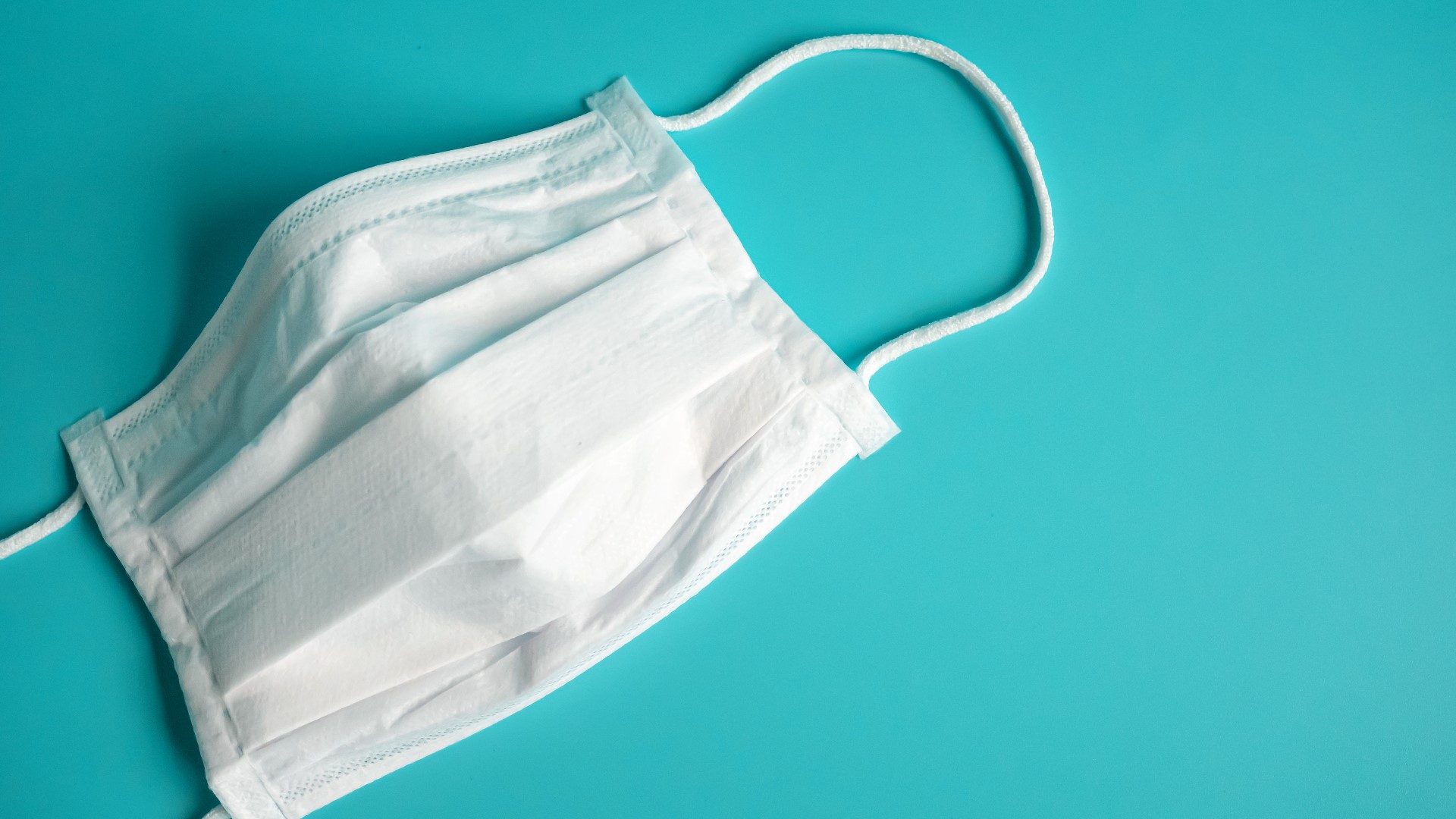COLUMBIA, Missouri — COLUMBIA, Mo. (AP) — Missouri lawmakers on Wednesday passed a $1.2 billion coronavirus aid package, then left without taking action on Republican Gov. Mike Parson's proposal to prevent lawsuits against health care workers and businesses during the pandemic.
Parson in October called lawmakers back to work to give his administration approval to spend roughly $1.1 billion in federal funding to fight the coronavirus, in addition to some state taxpayer dollars. He tacked on the lawsuit bill to his to-do list for lawmakers last month.
But he backed off his request Tuesday, the same day a Senate committee was holding a public hearing on the bill. Parson's spokeswoman didn't provide an explanation for his decision when asked Wednesday.
Senators in response abandoned the lawsuit bill and went on to pass the spending package 23-1. The budget bill now heads to Parson's desk for his signature.
About $752 million of the $1.2 billion bill is general coronavirus relief funding that needs to be spent by the end of the year.
The budget plan includes a $135 million federal grant for testing, contact tracing, lab equipment and data collection. Another roughly $97 million in federal funding is available for child support.
Whether health care workers and certain businesses should be shielded from lawsuits during the pandemic likely will reemerge as an issue during the next regular legislative session, which begins in January. Several lawmakers have already filed similar bills to be considered next session.
The proposal that was dropped this week would have prevented health care workers during the pandemic from being sued for negligence or knowingly disregarding the safety of others. They still could be sued if they intentionally cause serious injury to patients. Health care workers also would be immune to administrative sanctions during a state of emergency in Missouri.
The bill similarly sought to protect manufacturers and other businesses that provide masks and other supplies for the pandemic. Businesses could only be sued if they intentionally made defective products.



